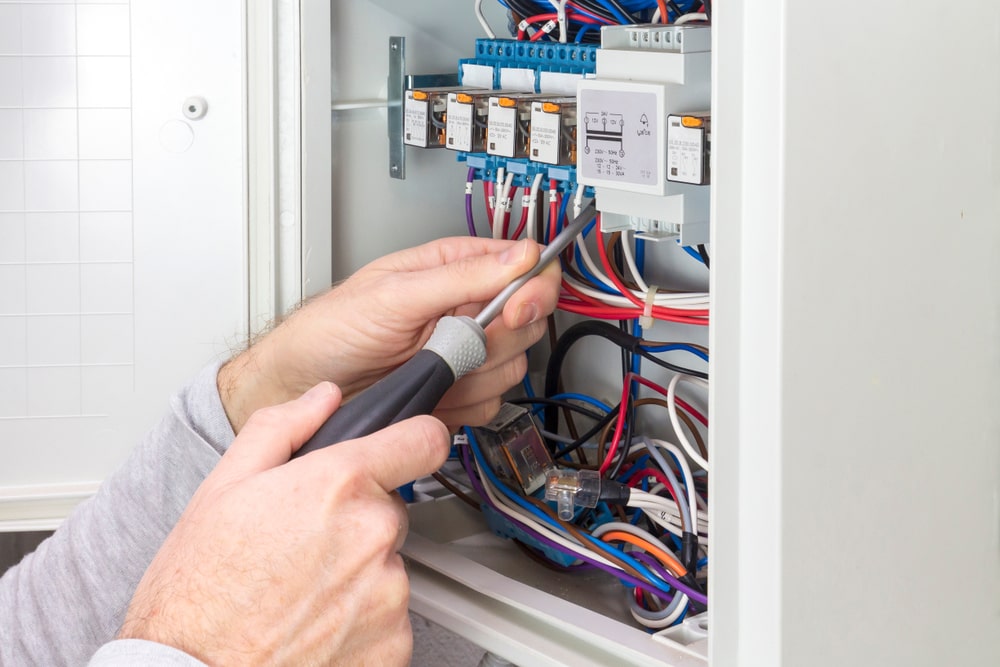
Choosing the Right Electrical Panel for Your Home: Factors to Consider
An electric panel is a crucial component of any building’s electrical system. It distributes electricity throughout the system and ensures that each circuit receives accurate power. The panel contains circuit breakers that protect the circuits from overloading and causing a fire.
However, installing a faulty or improper electric panel can be extremely dangerous. A faulty panel can cause electrical fires, electrocution, and even death. The consequences of a faulty panel are not to be taken lightly. If you are in Irving and need electrical panel installation or repair, choosing a licensed and experienced electrician is important.
Factors to consider while choosing the right electrical panel
Do you want to avoid experiencing frequent electrical issues in your home or office? It’s time to choose the right electrical panel! Here are some factors that will help to choose the right electrical panel:
Amperage rating: Article 409 of the National Electrical Code (NEC) states that every electric panel should bear a label indicating its short-circuit current rating (SCCR). This rating indicates the highest level of short-circuit current that the panel can handle without causing harm to its components or starting a fire.
Generally, a 100-amp main is suitable for most households, but some builders now install <150-amp or 200-amp services to ensure sufficient capacity. However, in Round Rock and other regions, electricians avoid using electrical panels rated at 60 amps or less because they are inadequate for modern needs.
Voltage rating: The voltage rating of an electric panel is typically determined by the maximum voltage of the electrical system it is serving. In Dallas, Texas, and other states, the electricians use the standard nominal and preferred standard nominal voltages for 60 Hz power systems are listed in ANSI C84.1. For residential homes with single-phase service, the voltage rating is typically 120/240 volts, with some rated at 125/250 volts.
Number of circuits: The number of circuits in an electrical panel refers to the number of individual electrical circuits that can be connected to the panel. The specific number of circuits can vary depending on the size and capacity of the panel, as well as the electrical needs of the home or building. However, in DFW and other regions, electricians use the commonly used panel typically has around 20 to 60 circuits.
Enclosure type: The enclosure type in an electrical panel refers to the housing type containing the electrical components and wiring. The most commonly used enclosure type for electrical panels is NEMA 1, a standard type that provides basic protection against dust, dirt, and accidental contact with the live components.
Material of construction: The material of construction used in electrical panels is typically metal, such as steel or aluminum. The panel’s durability and resistance against heat and electrical currents largely depend on the chosen materials. Steel remains a top contender for larger panels, while aluminum is an excellent option for smaller or lightweight ones. In Dallas and nearby regions, an electrician can suggest which panel is best.
Type of circuit breakers: An electrical panel typically holds various types of circuit breakers, including standard, AFCI, and GFCI variants. Among these, the most commonly used models, alongside conventional ones, are AFCI and GFCI circuit breakers.
AFCI (Arc Fault Circuit Interrupter) circuit breakers are designed to detect and prevent electrical arcs, which can occur when a loose or damaged wire is in your home’s electrical system. However, GFCI (Ground Fault Circuit Interrupter) circuit breakers are designed to protect against electrical shock in areas where water may be present, such as bathrooms and kitchens.
Choosing between them depends upon your preference, and if you live in Arlington or surrounding areas, it is best to consult an electrician.
Grounding system: The type of grounding system used in an electrical panel is typically a grounding electrode conductor (GEC) that connects the electrical panel to a grounding electrode, such as a metal water pipe or a grounding rod. The purpose of grounding is to provide a path of less resistance for electrical current to flow in a fault or surge, which helps protect people and equipment from electrical shock or damage.
It plays a crucial role in choosing the panel, as it must be compatible with the grounding system to ensure proper functioning. The panel must have a grounding bar and accommodate the required number and size of grounding wires.
Bottom line:
When it comes to choosing the right electrical panel for your home, there are several considerations to keep in mind, such as the size of your home, power requirements, and budget.
By investing in a high-quality electrical panel, you can rest assured that the home’s electrical system is powered by a safe and reliable source. In Dallas and surrounding regions, Blessed Electric and Air Electricians can help make a well-informed decision. Contact our experts at (214)801-5755 or visit our website today!
Recent Posts
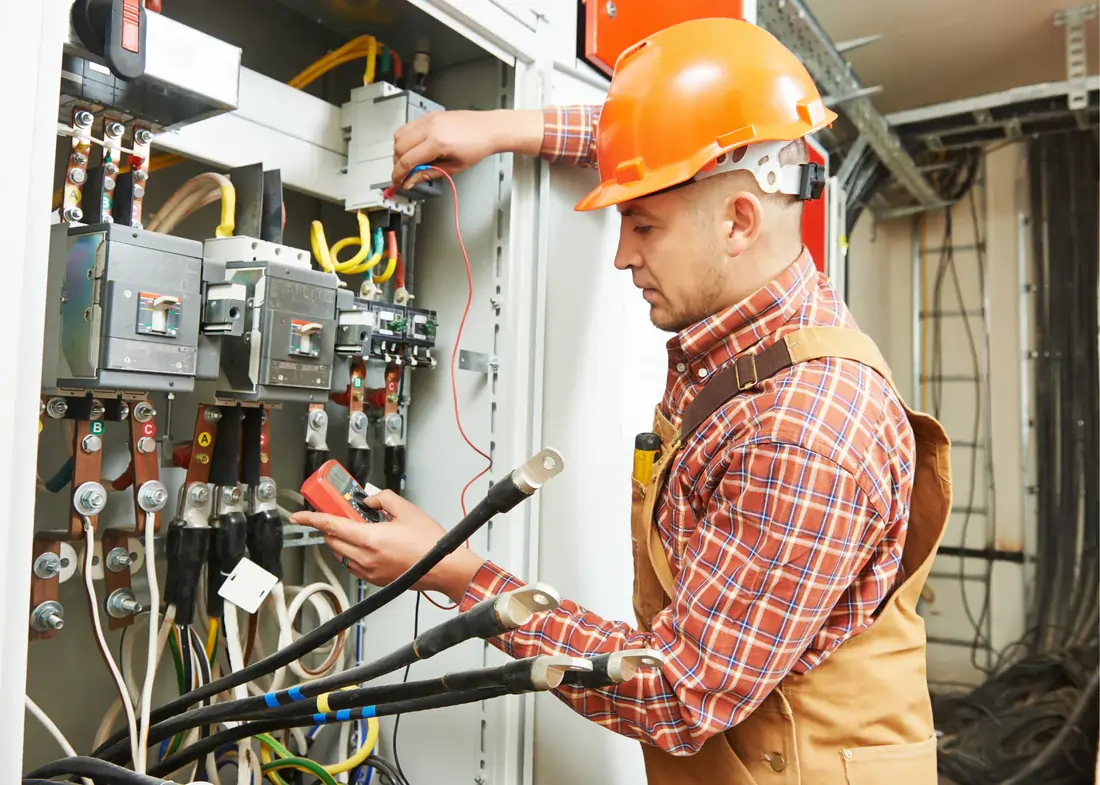
Common Electrical Problems in Older Fort Worth Homes
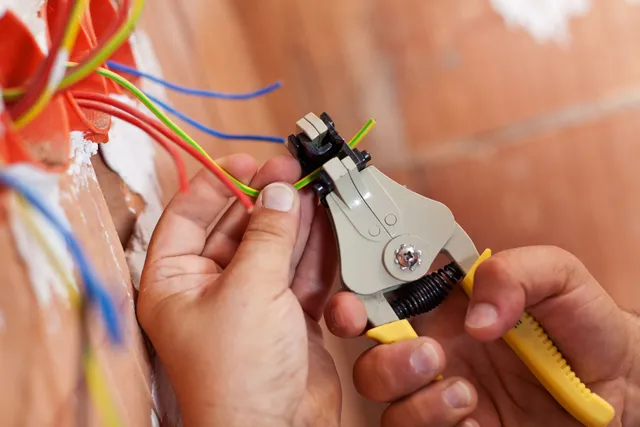
Why a Licensed Electrician is Essential for Home Renovations in Burleson
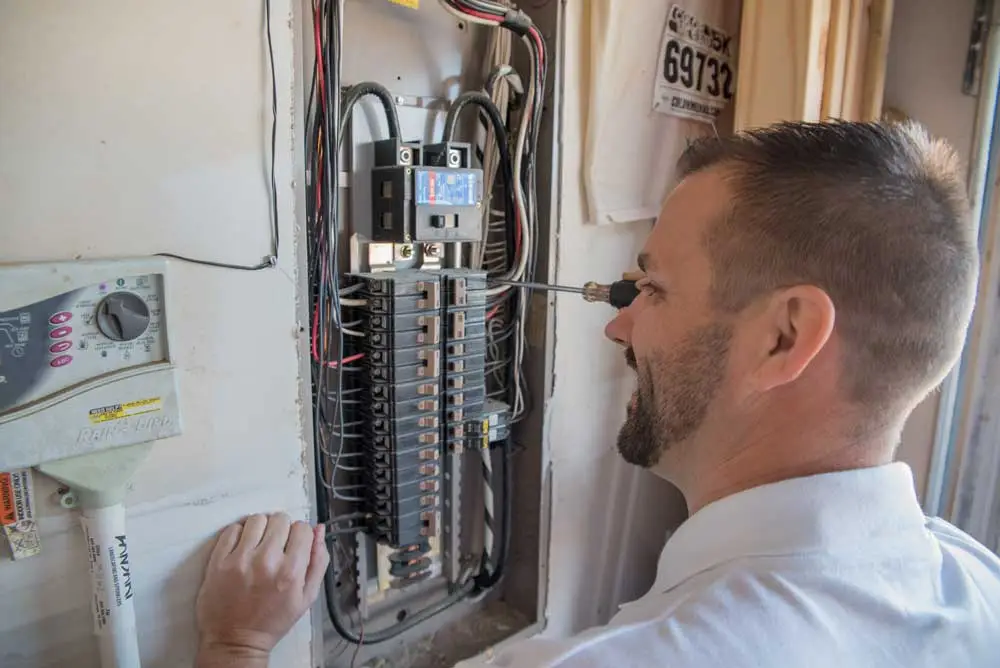
How to Prepare Your Irving Home for an Electrical Inspection
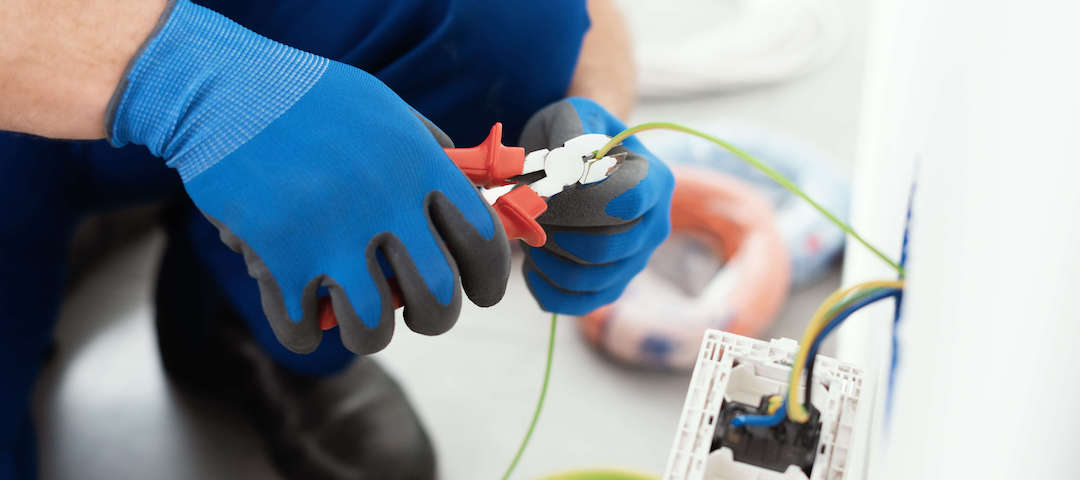
The Importance of Routine Electrical Inspections in Plano
Related Post
May 15 2023
The Importance of Electrical Maintenance for Commercial Properties
Electricity is important to power the lights brightening our homes and the devices that connect us with everyone. However, this vital resource often requires careful use and implementation. That said when it comes to commercial properties, a safe and dependable electrical system can help ensure the smooth operation of daily tasks. That’s why ensuring proper […]
March 13 2023
Why You Shouldn’t Do Your Own Electric Work
Many homeowners get excited to make the trip to the home improvement store, research some DIY tutorials on YouTubeTM, and roll up their sleeves to make their dream home come true due to the popularity of Do It Yourself (DIY) home improvement shows. Home improvement projects that include electrical work are rarely a positive experience […]
December 23 2022
Why Choose Blessed Electric for All Your Electrical Service Needs in Dallas?
There are numerous Dallas electricians and more will emerge, but the qualities of their services vary as well as their charges. Unfortunately, higher charges do not always mean higher quality of electrical service. That means you could pay higher for lower-quality electrical services. This is why you should not select any Dallas electrician at random. […]








